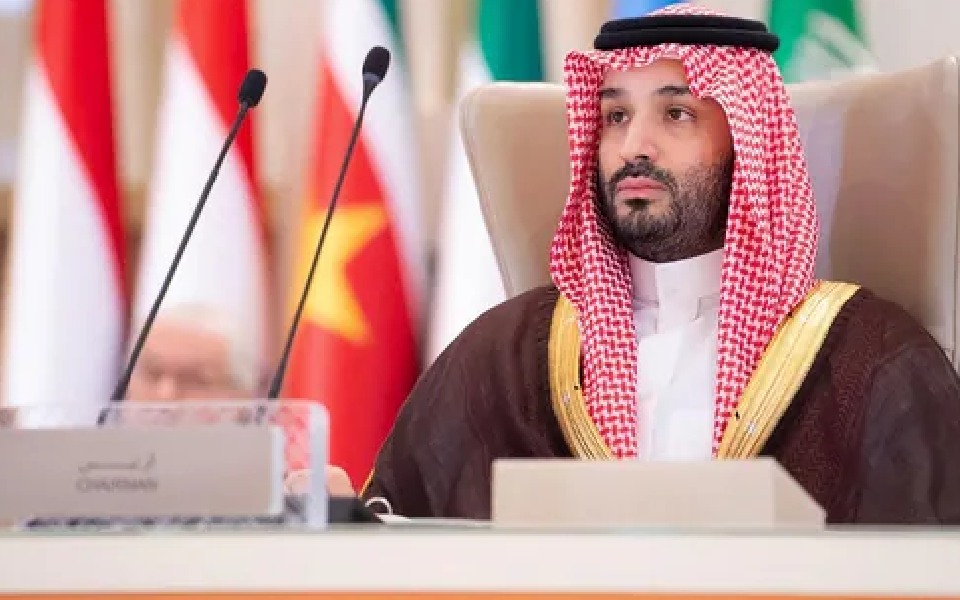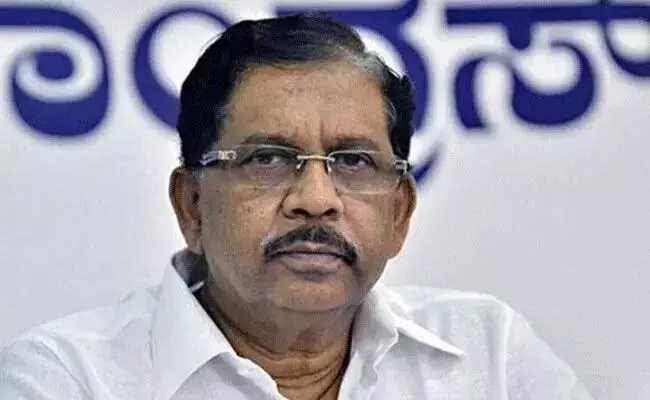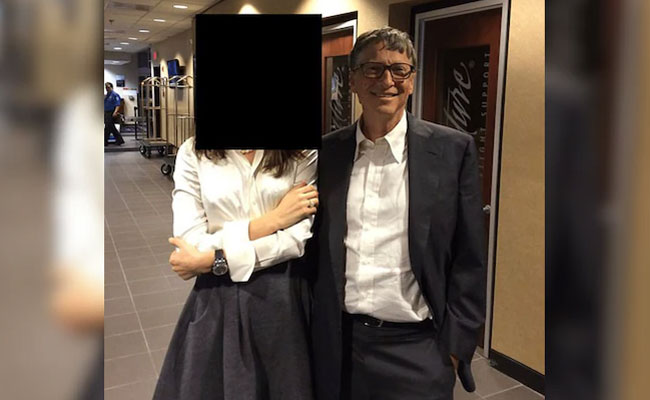Riyadh: At the opening of a summit in Riyadh on November 11, 2024, Saudi Arabia’s Crown Prince Mohammed bin Salman (MBS) demanded that Israel halt its military actions in Gaza and Lebanon. Addressing leaders from the Arab League and the Organisation of Islamic Cooperation (OIC), MBS condemned the violence against Palestinians and Lebanese, calling it a “massacre.” He urged Israel to stop all acts of aggression and called on global nations to recognise Palestinian statehood.
Ahmed Aboul Gheit, the Secretary-General of the Arab League, also criticised Israel's actions, stating that the violence was undermining peace efforts in the region. Lebanon's Prime Minister, Najib Mikati, highlighted the "unprecedented" existential crisis faced by Lebanon as Israel escalates its military operations against Hezbollah.
Iran’s First Vice President Mohammad Reza Aref condemned Israel's targeted killings of Hamas and Hezbollah leaders as "organised terrorism." Palestinian President Mahmoud Abbas and Turkish President Recep Tayyip Erdogan were among other prominent leaders in attendance.
In a joint statement, the summit leaders strongly condemned Israel's actions in Gaza, describing them as genocide and ethnic cleansing, particularly in northern Gaza. The statement reaffirmed Palestinian sovereignty over East Jerusalem and rejected Israeli measures aimed at consolidating its occupation.
The summit also reflected concerns over the recent election of Donald Trump as US president, with regional leaders signalling their stance on US engagement in the Middle East, urging for dialogue and de-escalation.
Let the Truth be known. If you read VB and like VB, please be a VB Supporter and Help us deliver the Truth to one and all.
Bengaluru (PTI): Karnataka Home Minister G Parameshwara on Saturday said the police have been directed to conduct an inquiry into the circumstances that led to the "suicide" of Confident Group chairperson C J Roy, who allegedly shot himself dead his office here when I-T officials were present in connection with earlier searches.
Speaking to reporters, Parameshwara said the Income Tax Department had earlier conducted searches at Roy's company and were in the process of completing statutory procedures.
"There was a raid in his company in December (last). There is a rule that within 60 days a charge sheet has to be filed in the court. They had to finalise before February 4. Hence, he was summoned," he said.
Roy had recently returned from abroad and was cooperating with the authorities, he added.
"Three days ago, he had returned from Dubai. The I-T officials went to his office to record his statement. He too responded to it," Parameshwara said.
"In the meantime, Roy told the officials that he would be back in five minutes but he did not return even after 20 minutes. Then his suicide came to the notice."
Parameshwara said he has ordered a police inquiry into the incident.
"I have directed police officials to conduct an inquiry into the circumstances that led to the incident. Things will be clear only after the report comes out," he said.
He added that Roy's family has linked the incident to the I-T action. "Roy's brother has also given a statement that this incident happened due to I-T raids. Our police officers haven't looked into it from that aspect," he said.
When asked whether there was any political angle to the increasing Income Tax raids, the HM declined to speculate.
"As the Home Minister I would not say anything more than it," he said.
Clarifying on the scope of the probe, Parameshwara said, "Police will only investigate the suicide case. If something else emerges then that will also be investigated."
Real estate tycoon Roy, who was in his late 50s, suffered bullet injuries from his licensed firearm at his office near Richmond Circle in the city.
Soon after a gunshot was heard, staff members rushed to his room and found him lying in a pool of blood. He was immediately taken to a hospital, where doctors declared him dead.
I-T sources said searches on Roy's premises had begun about two months ago.
Roy's brother has alleged that he might have taken the extreme step due to pressure from the central agency.
Roy was originally from Kerala.





